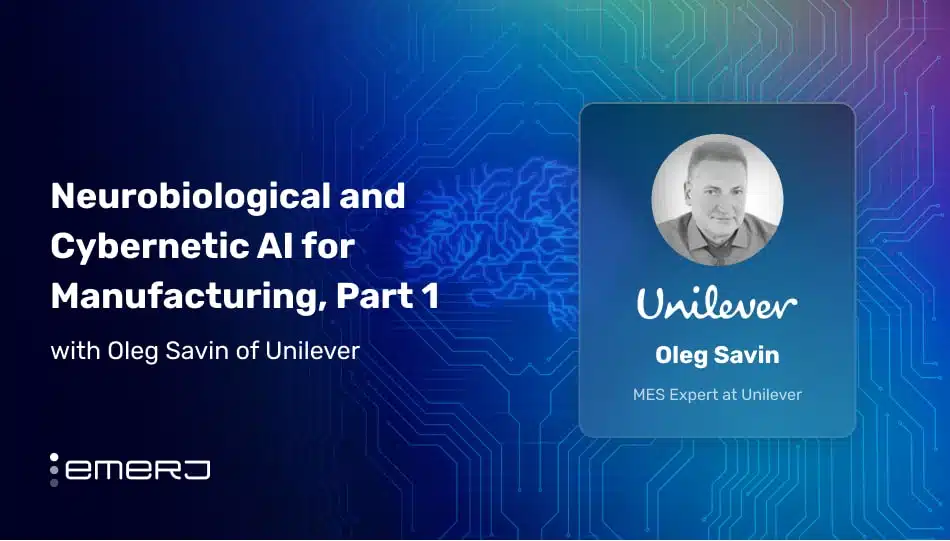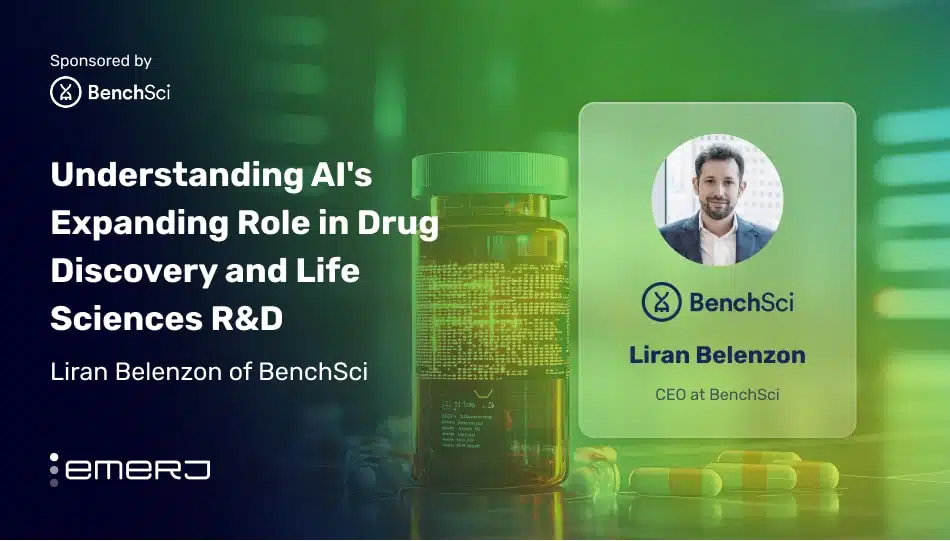1 – Self-Driving Cars: Feds Release Long-Awaited Rules
On Tuesday, the federal government released its long-anticipated new rules for self-driving cars. In a press release, U.S. Transportation Secretary Anthony Foxx stated,
“Automated vehicles have the potential to save thousands of lives, driving the single biggest leap in road safety that our country has ever taken.”
The guidelines are flexible and meant to evolve as the technology behind autonomous cars advances. While the suggested framework will be assimilated into state rules on regulation of human drivers, registration, traffic laws and enforcement, insurance and liability, the federal government foresees the National Highway Traffic Safety Administration maintaining control of regulation of motor vehicles and equipment, a move meant to encourage innovation but also set a bar for safety standards. The new 103-page policy includes a 15-point safety standard for “highly automated vehicle” (HAVs) manufacturers.
(Read the full article on SiliconBeat and access the policy on Transportation.gov)
2 – Say Hello to Google Allo: A Smarter Messaging App
Google introduced its new, smarter messaging app – Google Allo – on Tuesday this week. In addition to smarter chat features, users will get an initial taste of Google assistant, integrated into the platform. Allo’s Smart Reply feature suggests simple responses to comments and photos, which are meant to become more aligned to your personality over time as Allo learns typical responses.
the platform. Allo’s Smart Reply feature suggests simple responses to comments and photos, which are meant to become more aligned to your personality over time as Allo learns typical responses.
Users can pull up Google Assistant within a chat (as opposed to having to leave and open a separate Siri or browser window), which will provide resources based on your requests (say, finding a tutorial for making sushi). Google Allo also has end-to-end encryption technology, allowing users to initiate an “Incognito” chat, with “discreet” notifications and message expiration features.
(Read the full article on Google’s Blog)
3 – How Microsoft Computer Scientists and Researchers are Working to ‘Solve‘ Cancer
Different teams of Microsoft researchers, engineers and programmers in labs around the world are taking different but complementary approaches to solving cancer. Microsoft’s big picture philosophy, as described by Corporate Vice President Jeanette Wing, involves two approaches: the first is that cancer (and all biological processes) are information processing systems that can be mimicked in and potential solutions tried out on models; the second is data-driven and involves applying machine learning methods to the influx of data becoming available from cancer patients and treatments.
“We can use methods that we’ve developed for programming computers to program biology, and then unlock even more applications and even better treatments,”
said Andrew Phillips, head of the biological computation research group at Microsoft’s Cambridge, U.K. Lab. Example ongoing efforts include using machine learning and natural language processing to help oncologists create individualized cancer treatments; creating algorithms to help scientists understand how cancers develop and which treatments might work; and engineering novels ways to – one day – introduce program cells to fight diseases like cancer.
(Read the full article on Microsoft News)
4 – Elastic Acquires Behavioral Analytics Leader Prelert
Mountain View- and Amsterdam-based Elastic, one of the largest provides of open-source products for search and analytics (through tools Elasticsearch and the Elastic Stack) announced its acquisition of Prelert, a leader in behavior analytics. Founded in 2008, Prelert provides technology to enterprises that helps them automate the detection of anomalies in big databases and predicts next steps and potential scenarios. Elastic plans to integrate Prelert technology into the Elastic Stack by 2017, which will allow Elastic customers to create solutions for issues involving cybersecurity, fraud detection, IT operations analytics, and other complex solutions. An acquisition price was not provided.
(Read the full press release on Elastic)
5 – Salesforce Introduces Salesforce Einstein—Artificial Intelligence for Everyone
On Monday, Salesforce introduced its new AI-powered CRM Platform, Einstein. Salesforce Einstein’s AI features will be rolled out across multiple cloud platforms, including sales, service, marketing, commerce, community, analytics, and IoT. The technology, which makes use of “advanced machine learning, deep learning, predictive analytics, natural language processing, and smart data discovery”, creates customized predictive and self-learning models for every customers, helping them to decide on next actions and automating necessary steps forward. The technology draws on a massive database that includes customer data; email and eCommerce data; social data streams; and IoT signals, to train these models. In the same press release, Salesforce also announced the creation of a new Salesforce Research Group, under the leadership of Richard Socher, which will focus on cutting-edge AI research across deep learning, natural language processing, and computer vision for its products.
(Read the full press release on Salesforce News)



















